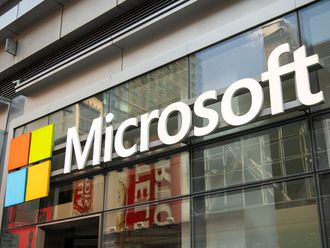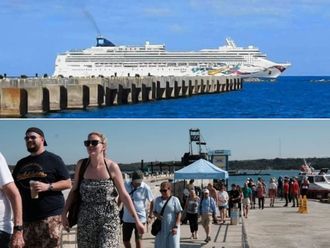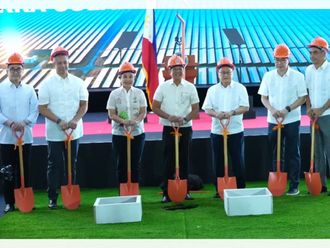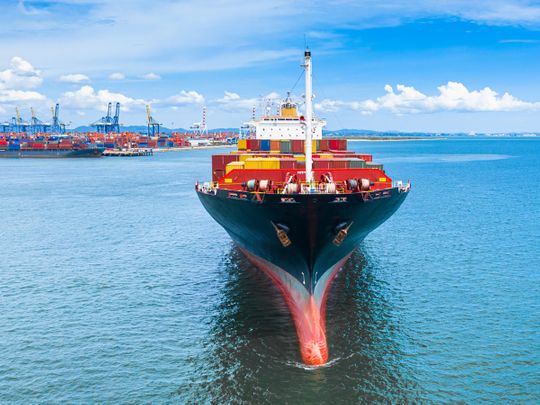
A leader’s response to a crisis sets the tone for an organisation. As the world scrambles to tackle the devastation wrought by the pandemic, we pooled the insights of some of the top industry leaders to find the way forward for the sector.
“Now is the time to look at innovation and change to overcome new challenges”
Roger Clasquin, Chief Commercial Officer, RAK Ports
What measures are needed to navigate the maritime and logistics industries into a post-Covid-19 recovery phase? What are your suggestions on this?
The maritime sector needs to adopt new technologies and be receptive to change to evolve post Covid-19, while staying flexible, cost-effective and efficient. Customers will increasingly demand new ways of thinking and now is the time to look at innovation and change to overcome these new challenges.
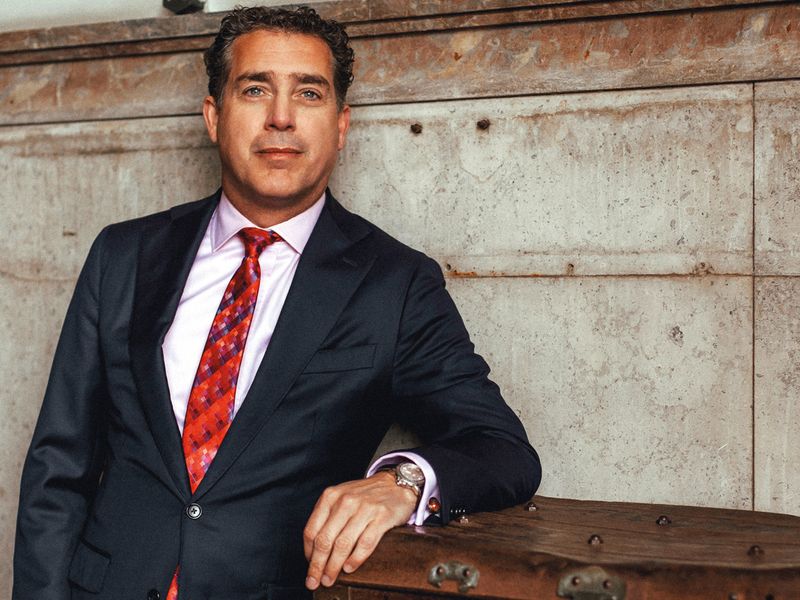
RAK Ports group has made significant investments in port expansion in the past few years. What are the key areas of investments? Will you continue with your expansion plans in the current scenario?
Saqr Port opened two deep water capesize berths with 18m draft in 2018, increasing its operational capacity to up to 100m tons per year. We further invested in new mobile harbour cranes (MHCs) and front-end loading (FEL) solutions, maintaining the ports’ operational efficiencies. Further expansion plans in RAK Maritime City are also underway, while the new cruise passenger terminal was opened last year. RAK Ports has continued with a digital development solution, introducing an interactive Port Community System.
We will continue with our expansion plans and further investment through this period and beyond, as it remains important to look towards the future. Plans are already in place for 2020 and 2021 and Covid-19 does not really effect the long-term strategic goals.
“Customers look to work with reliable and financially secure agency partners in these uncertain times”
Daniel Vikstrom, VP Marine Services Middle East and South Asia, Inchcape Shipping Services
What kind of long-term strategic solutions have you implemented to recover from the crisis stronger?
Inchcape is financially strong, especially after divesting its freight forwarding division in 2018 and deleveraging debt. This allows for growth through organic expansion and acquisition. We expect to grow both our network and our market share as customers look to work with reliable and financially secure agency partners in these uncertain times.
Inchcape has also been placing great emphasis on technology in services such as the newly revamped World of Ports 2.0 (WoP) digital database of port and ship information, that is available on a subscription basis. WoP is built on proprietary data painstakingly gathered by Inchcape staff over the course of the last decade.
As pandemic restriction measures are eased in many countries, in what areas of the global economy do you expect to see demand for shipping picking up the quickest?
While the Covid-19 pandemic has created a deep global recession, there are many consumers who expect a short recession before the economy bounces back as lockdown restrictions are eased. With the end of the year holiday season now only six months away, I would expect consumer spending to increase, which will in turn drive greater volumes in the container/ liner sector.
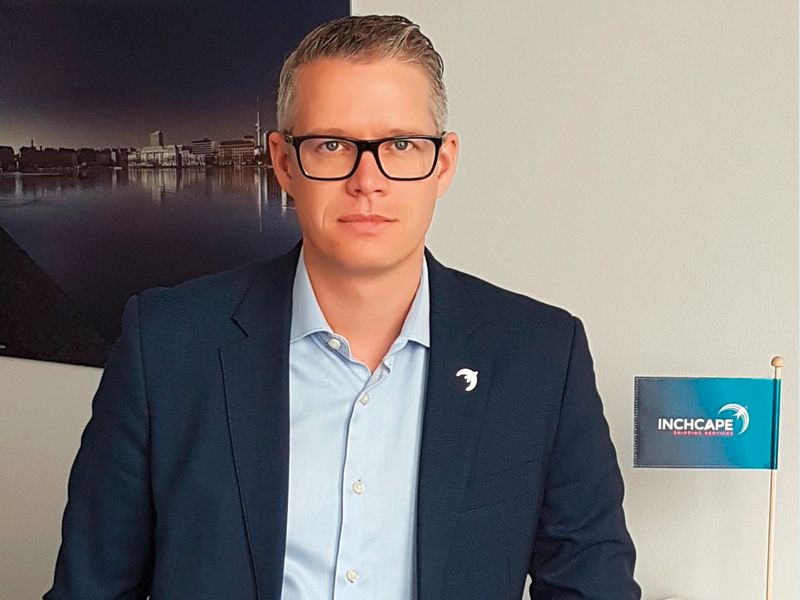
What is your outlook for the cruise tourism sector in the Middle East and the wider region in a post-Covid-19 world?
To date, most berth bookings have been maintained for the Arabian Gulf winter season. However, the situation is still fluid, and we expect a drop in calls for the 2020-21 cruise season. All eyes are on the first cruise industry resumption of service in Norway, Denmark, Iceland and Germany as well as Taiwan in Asia. Inchcape has proactive involvement in this sector.
Recently, Inchcape India successfully executed the repatriation of over 3,670 crew in India from multiple cruise line brands. Inchcape is the market leader for cruise in the Middle East and India region. Our global cruise solutions team is also based in Dubai, spearheaded by cruise industry veteran Grant Holmes.
“The pandemic has given us a chance to show our flexibility”
Waleed Al Tamimi, General Manager, Tasneef, on maritime survey and classification
How has the pandemic changed the way Tasneef engages with its clients these days?
The pandemic has given us a chance to show our customers how flexible we are in terms of extending certificate due dates as well as increasing the credit period. On the other hand, our distinguished relationship with the Federal Transport Authority (FTA) and other government organisations assisted our customers in resolving technical issues by telephone calls and emails, without the need of having special meetings with the authorities.
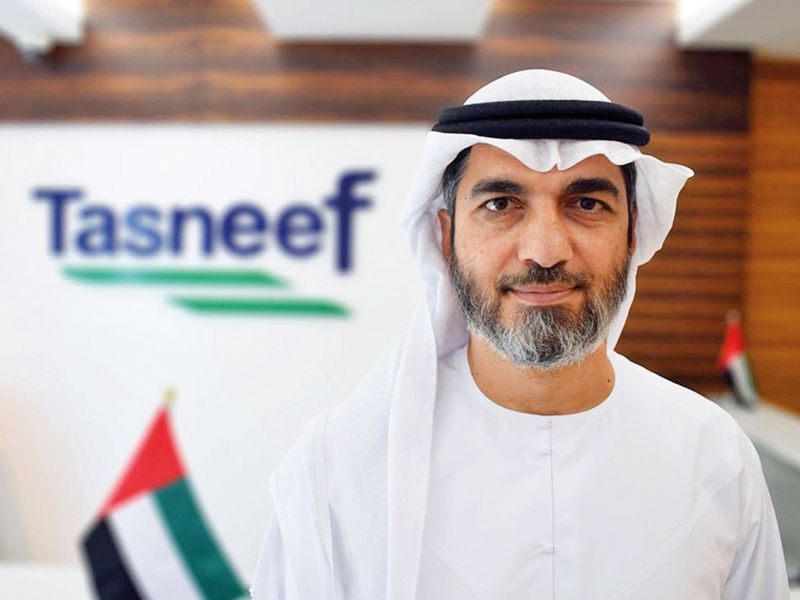
How does Tasneef help companies mitigate risks associated with the pandemic and comply with all the measures taken by governments?
Tasneef’s services are available 24/7 to help customers reduce any risks associated with their activities. Our surveyors managed to reach all UAE ports even during travel restrictions as we have several offices in three different emirates.
“Going forward, our team will be our anchor”
John W.R. Paul, General Manager, Exalto Emirates, on the marine equipment and parts sector
The first half of this year has not been easy for any sector. How did you manage to keep your business going?
We realised in early March that the Covid-19 situation would only get worse. So we took fairly early action to work from home and set up internal and external sanitation projects. We also quickly reduced any unnecessary expenses. Although April and May were certainly still challenging with many of the boat builders, service companies and operators being closed for a long period, we were able to stay fully on course.
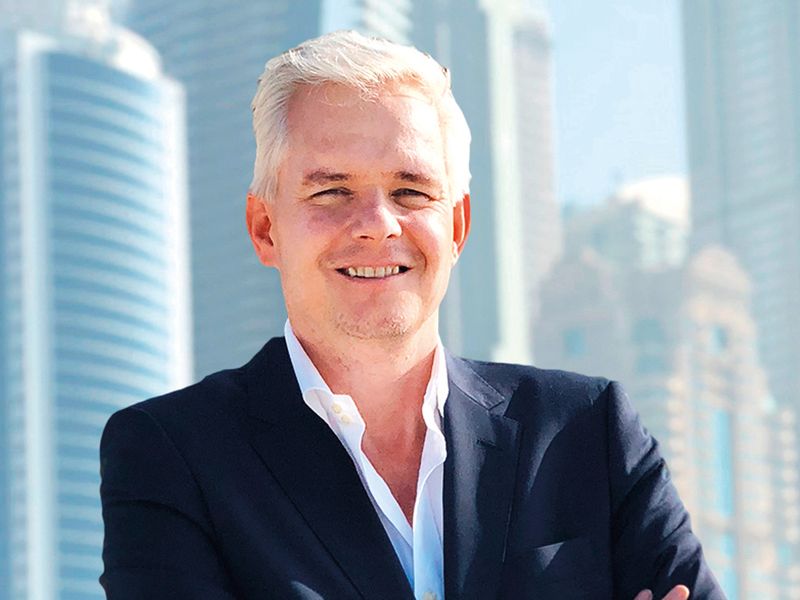
The most important lesson that I learned during this time was the incredible value of our team. Many of our employees excelled and demonstrated an enormous level of support for their colleagues and the company. We would not have been able to thrive without them. Going forward, this will be our anchor to keep us safe in stormy seas.
How has supply chain risk for marine equipment changed over the past few months?
We anticipated delays within our supply chain early on, especially from those countries hit hardest by the pandemic. So we placed orders for additional stocks and ultimately with the support of our suppliers, we were able to manage our supply chain and did not face critical delays.
“Arbitral institutions have to stay efficient and cost-effective”
Richard Briggs, Executive Partner at Hadef & Partners and Vice Chairman at Emirates Maritime Arbitration Centre, on international arbitration
How could international arbitral institutions contribute to global maritime sector’s stability in a highly unstable environment?
Arbitral institutions have to stay efficient and cost-effective to assist the global maritime sector in unstable times.
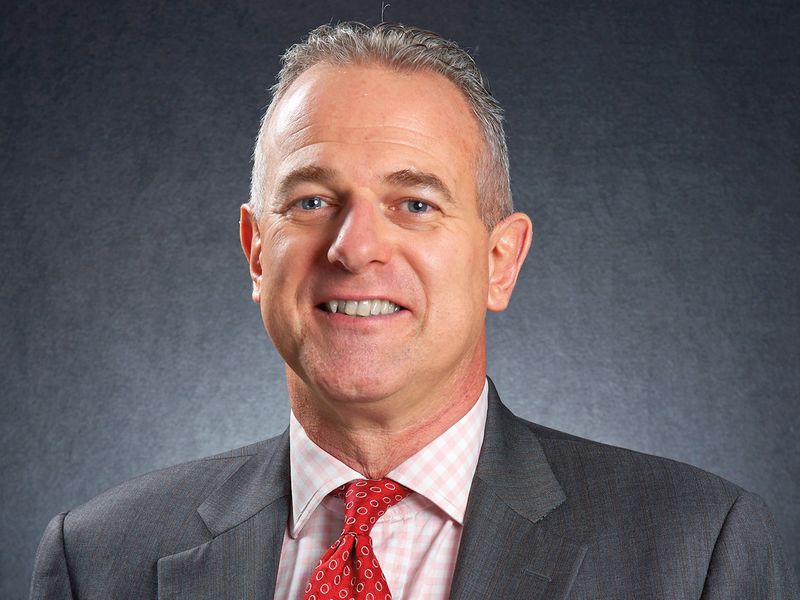
How does Emirates Maritime Arbitration Centre (EMAC) ensure due process during virtual hearings?
The issue of due process during virtual hearings has been concerning the sector long before the coronavirus struck. There is very little that EMAC can do except control the quality of its arbitrators, as handling a virtual hearing is very much in the hands of arbitrators. In my view, an experienced arbitrator can control the due process in virtual hearings and it’s not so hard.
“Connectivity is an essential part of work and life at sea”
Nabil Ben Soussia, CEO Asia, Middle East & CIS at IEC Telecom Group, on satcom technology
How has Covid-19 reinforced the need for connectivity in the maritime sector?
In the modern maritime world connectivity is essential. Today, connectivity is not an optional extra, it is an essential part of work and life at sea.
The pandemic has demonstrated both the importance of keeping in touch and the effectiveness of digitised systems in streamlining operations, saving costs and enhancing welfare provision. Covid-19 drew a line of distinction, but despite all the restrictions, digitally equipped fleet continued to operate more or less as usual, relying on tools like videoconferencing and remote maintenance. Meanwhile, those vessels which depended entirely on shore services were unable to operate fully when detained at the entrance of closed ports.
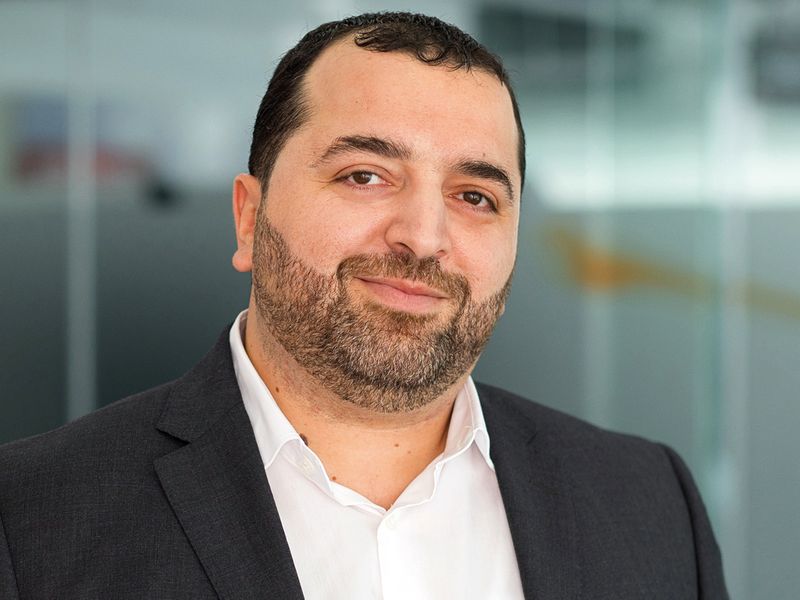
To cope with a growing demand for data, it is not enough to have satcom set up on board. What makes the difference is to be in a position to manage this network, prioritising critical operations over non-essential traffic. IEC Telecom’s innovative OneGate system was developed particularly to address this challenge. Via virtual dashboards, this high-tech solution provides full visibility over available network assets both for the captain onboard and for support teams ashore. OneGate minimises risks by separating critical functions from crew traffic, while its advanced cyber security and robust back-up systems provide the enhanced business contingency needed at this challenging time.
OneGate is a future-ready solution that can be upgraded online as and when new software updates are available. OneGate is a network management system designed to enable vessels of all sizes to enjoy the benefits of digitalisation today – and it will continue to do so in the future, evolving together with the industry.






